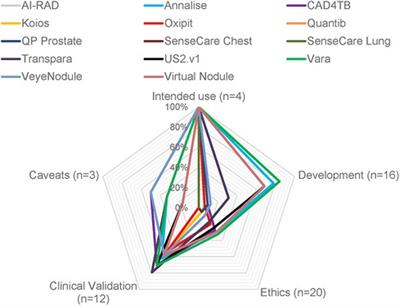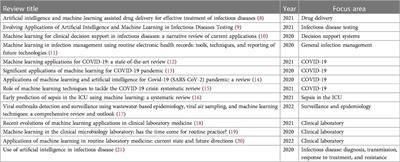EDITORIAL
Published on 03 Jun 2024
Editorial: Trustworthy AI for healthcare
doi 10.3389/fdgth.2024.1427233
- 1,435 views
3,201
Total downloads
15k
Total views and downloads
You will be redirected to our submission process.
EDITORIAL
Published on 03 Jun 2024
PERSPECTIVE
Published on 18 Apr 2024
ORIGINAL RESEARCH
Published on 20 Feb 2024

PERSPECTIVE
Published on 31 Jan 2024
MINI REVIEW
Published on 27 Sep 2023

